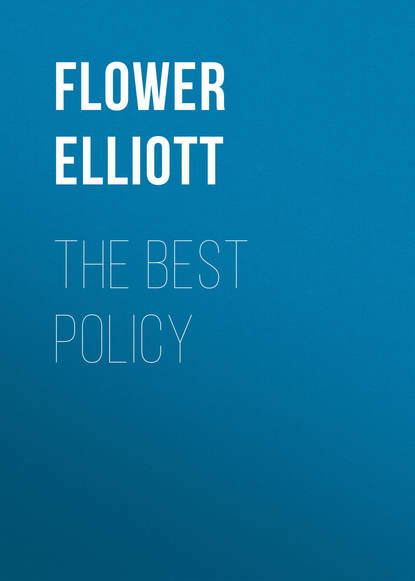По всем вопросам обращайтесь на: info@litportal.ru
(©) 2003-2024.
✖
The Best Policy
Настройки чтения
Размер шрифта
Высота строк
Поля
The matter, however, was not settled as easily as he expected. He stated frankly what he had done, and the officials at headquarters seemed to think he had taken unnecessary pains to make trouble. It was not that they objected to paying any just claim against the company, but they held that he had put life into a slumbering claim that was at least open to suspicion. Such evidence as she produced might have fallen into the hands of an impostor, and there was a considerable interval during which the connection between the real beneficiary and the present claimant was lost, the only explanation being that they had made frequent changes of residence and had been among strangers. In brief, the company did not consider the claims satisfactorily established and criticized the whole affair as being irregular.
Murray was disappointed and annoyed. He was entirely satisfied in his own mind, and he resented the criticism. Nevertheless, he sought for further evidence, and Mrs. Moffat was finally able to supply it in the shape of a receipt for the last premium paid. This, it seemed, had not been destroyed with the policy. Mrs. Moffat had discovered it among some old papers. This Murray also reported.
“We are not satisfied with the evidence produced,” was the reply that came back.
“I am satisfied,” was Murray’s answer, as he recalled the woman’s tears of gratitude, “and I have settled the claim and paid the money. Is my action to be upheld or is my resignation desired?”
There was a long interval of silence on the part of the officials at headquarters. This Murray understood to be an evidence of their displeasure. Having thus made their displeasure very apparent, the report was finally returned with the single word, “Approved,” written across it.
“Nevertheless,” mused Murray, “I fear I am not long for this business – at least with this company. Either I am becoming both headstrong and sensitive or else my superiors are becoming inconsiderate and dissatisfied.”
That evening he took a long street-car ride, at the end of which he entered a little store opposite one of the big public schools. He wanted to see the result of his work.
When he reappeared, a little woman followed him to the door, and there was a quaver in her voice as she said, “You’ve been so good to us, Mr. Murray, and we’re so happy.”
“Well,” returned Murray with a smile, “I’m happy myself. And,” he added, as he was returning home, “it’s worth all that it ever can cost me.”
Murray was disappointed and annoyed. He was entirely satisfied in his own mind, and he resented the criticism. Nevertheless, he sought for further evidence, and Mrs. Moffat was finally able to supply it in the shape of a receipt for the last premium paid. This, it seemed, had not been destroyed with the policy. Mrs. Moffat had discovered it among some old papers. This Murray also reported.
“We are not satisfied with the evidence produced,” was the reply that came back.
“I am satisfied,” was Murray’s answer, as he recalled the woman’s tears of gratitude, “and I have settled the claim and paid the money. Is my action to be upheld or is my resignation desired?”
There was a long interval of silence on the part of the officials at headquarters. This Murray understood to be an evidence of their displeasure. Having thus made their displeasure very apparent, the report was finally returned with the single word, “Approved,” written across it.
“Nevertheless,” mused Murray, “I fear I am not long for this business – at least with this company. Either I am becoming both headstrong and sensitive or else my superiors are becoming inconsiderate and dissatisfied.”
That evening he took a long street-car ride, at the end of which he entered a little store opposite one of the big public schools. He wanted to see the result of his work.
When he reappeared, a little woman followed him to the door, and there was a quaver in her voice as she said, “You’ve been so good to us, Mr. Murray, and we’re so happy.”
“Well,” returned Murray with a smile, “I’m happy myself. And,” he added, as he was returning home, “it’s worth all that it ever can cost me.”





